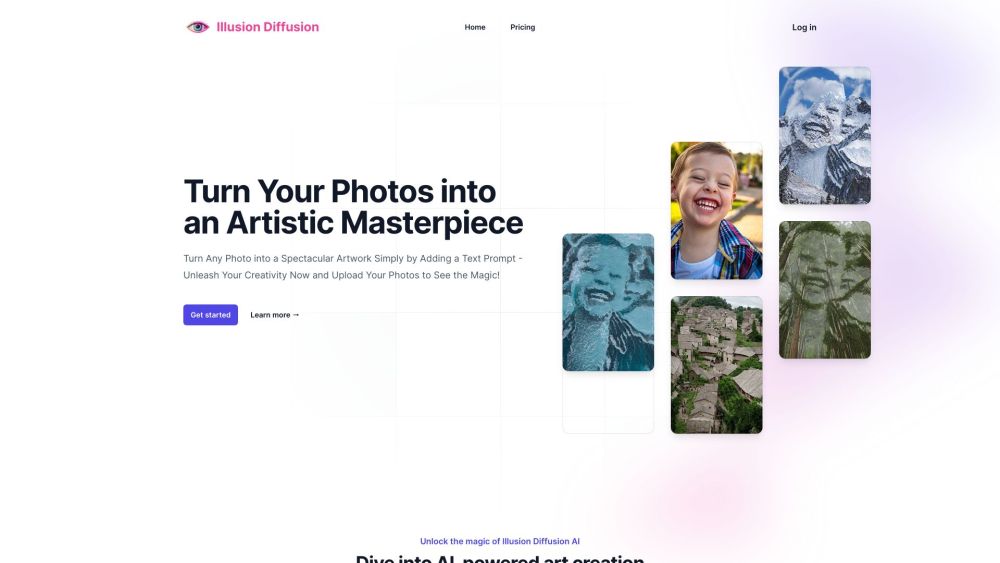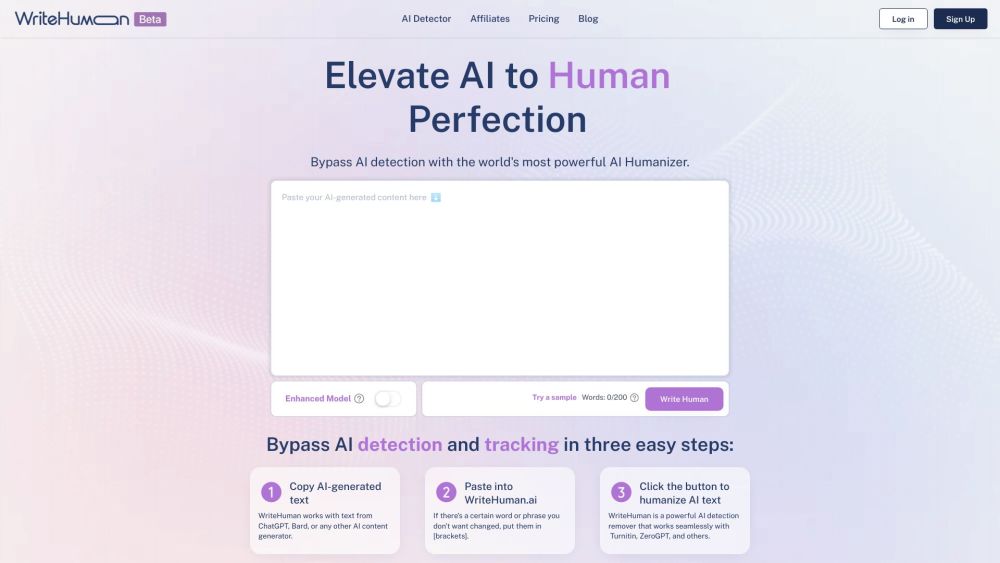AI represents a technological revolution poised to reshape the world much like the industrial revolution did. However, as highlighted in a comprehensive report by the International Monetary Fund (IMF), this transformation also risks increasing economic disparity, job displacement, and social inequality.
The report indicates that approximately 60% of jobs in advanced economies— including the U.S., UK, and EU—are exposed to AI, with 40% of global employment similarly at risk. “The net effect is complex and difficult to predict, but in most scenarios, AI is likely to exacerbate inequality, a trend that policymakers must urgently address,” states Kristalina Georgieva, IMF managing director.
Dual Impacts: Opportunities and Risks
The IMF report notes that roughly half of the jobs vulnerable to AI in advanced economies and globally may experience negative consequences. Conversely, the other half could enjoy improved productivity and enhanced roles.
Emerging markets and low-income economies are also affected, with 40% and 26% of jobs respectively susceptible to AI disruptions. While these markets face fewer immediate AI-related challenges, they lack the resources to fully capitalize on the technology’s benefits, potentially widening the digital divide and income inequality across countries.
Significantly, unlike past technological advances that primarily displaced lower- and middle-skilled workers, AI threatens even higher-wage, white-collar jobs. “Roles that require nuanced judgment, creative problem-solving, or complex data interpretation—typically held by highly educated professionals—could now be enhanced or replaced by sophisticated AI algorithms, thereby increasing inequality within and across job categories,” the IMF warns.
The Human-AI Dynamic and Its Implications
The relationship between AI and human workers can foster a “more than proportional increase” in income, further affecting income disparities. AI adoption is expected to enhance overall income through increased productivity. Additionally, the collaboration between AI and human workers may mitigate potential job losses.
Notably, college-educated workers may transition more easily into roles that complement AI, while older workers and individuals without higher education face heightened vulnerabilities. Researchers highlight that adaptable, younger workers may better seize new opportunities created by AI advancements.
AI exerts varying levels of impact within countries, particularly affecting women, who often hold roles more exposed to AI than their male counterparts. Moreover, certain regions may resist AI due to cultural or ethical concerns.
The Future of Work and AI Preparedness
The IMF asserts that the rapid evolution of AI, especially with the rise of generative AI, will redefine job functions and the labor landscape. Predicting the precise effects of AI on economies remains challenging, akin to uncertainty faced during the introduction of transformative technologies like electricity.
To navigate these changes, the IMF has developed an ‘AI Preparedness Index,’ evaluating the readiness of 125 countries for AI integration. Top scorers include Singapore, the U.S., and Denmark, which indicates that wealthier nations are generally better positioned for AI adoption.
The index assesses four key factors: digital infrastructure, human capital and labor market dynamics, AI innovation and economic integration, and regulatory frameworks. A robust digital infrastructure is essential, along with a skilled workforce capable of utilizing advanced technologies. The inclusion of social safety nets and job market mobility is crucial for effectively harnessing AI’s potential.
The regulatory and ethical aspects address how well existing legal frameworks can adapt to new business models and enforce necessary policies, including cybersecurity measures.
“We need to establish policies to leverage AI’s immense potential for the benefit of humanity,” asserts Georgieva. Countries with significant AI exposure are urged to enhance their digital innovation capabilities and develop legal and ethical frameworks to govern AI advancements. In contrast, low-income countries should focus on creating comprehensive social safety nets and training programs to protect vulnerable populations.
By adopting these strategies, the transition to AI can be more inclusive, safeguarding livelihoods and mitigating inequality.





